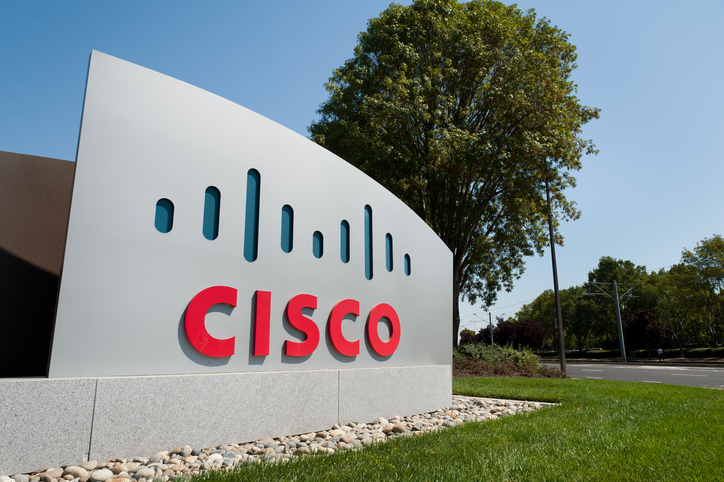SAP’s acquisition of cloud-based "business execution" software vendor SuccessFactors has been greeted with initial approval by IT industry analysts.
The German applications vendor announced its intention to acquire SuccessFactors, whose software-as-a-service tool allows managers to track employee performance, for $3.4 billion over the weekend.
The price tag represents a 52% premium on SuccessFactors’ market capitalisation, and is ten times its annual revenue, but so far it has been well received.
Interesting Links
According to Forrester Research analyst Paul Hamermann, the German application vendor’s cloud strategy "has been struggling with time-to-market issues, and its core on-premise HR management software has been at competitive disadvantage with best-of-breed solutions."
"By acquiring SuccessFactors, SAP puts itself into a much stronger competitive position in human resources applications and reaffirms its commitment to software-as-a-service as a key business model," Hamermann wrote.
R "Ray" Wang, enterprise software analyst and founder of Constellation research, commented that innovation around talent management software from the mainstream suppliers has all but stalled. "In fact, many customers left SAP to go to SuccessFactors to accelerate innovation in the talent space."
The acquisition therefore brings SAP up to speed on talent management innovation, although "best of breed purists will have to… determine how innovative they expect SAP to become," Wang wrote.
There are also opportunities for SAP to cross-sell its existing SaaS-based applications, such Business ByDemand, to SuccessFactors customer base, Wang remarked.
There are some reservations, however. For example, Wang raises the question of how SAP will offer deep integration between SuccessFactors and its existing on-premise HR apps.
SAP says SuccessFactors will continue to operate as an "independent" unit, and the company’s CEO and founder Lars Dalgaard will lead SAP’s cloud business.
SuccessFactors was one of the original software-as-a-service vendors to have risen in the wake of on-demand CRM giant Salesforce.com. When these companies first began to emerge as serious competitors to the likes of SAP and Oracle, their initial reaction was to develop their own on-demand offerings, such as Business ByDesign and CRM On Demand.
Recently, however, they have turned to acquisition. In October, for example, Oracle announced the acquisition of customer support SaaS provider RightNow.
While the acquisition strategy allows them to catch up with pace of innovation in the SaaS sector, it also often leaves them with heterogeneous software architectures. For example, SuccessFactors’ application is built on an Oracle database.









